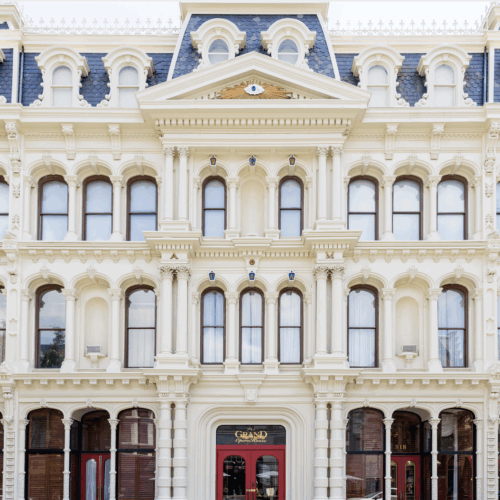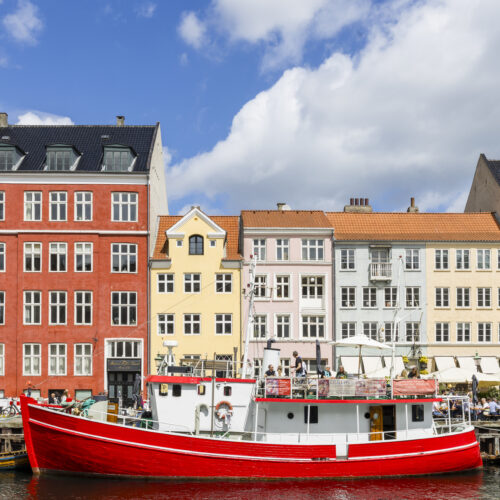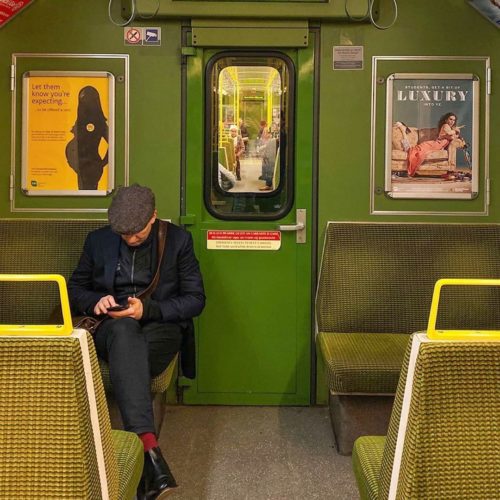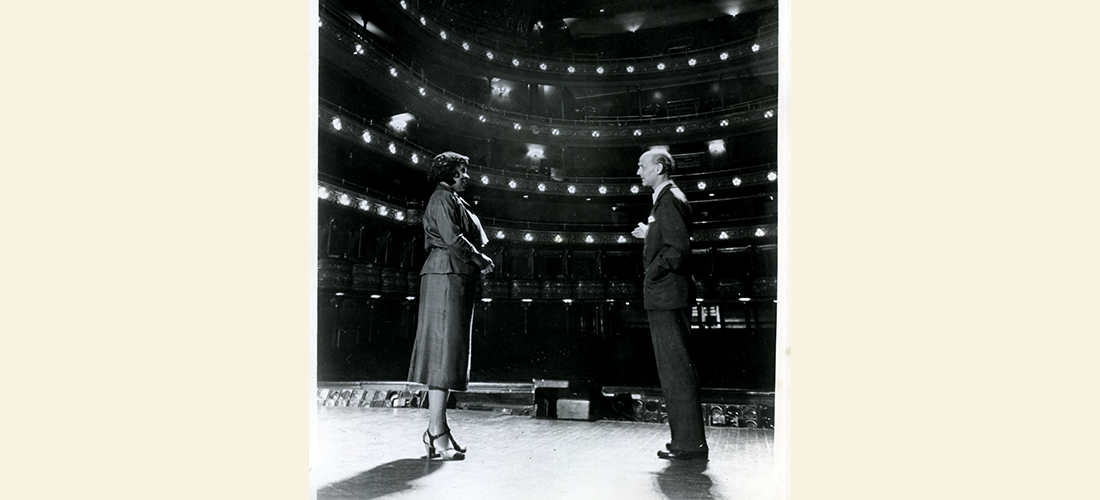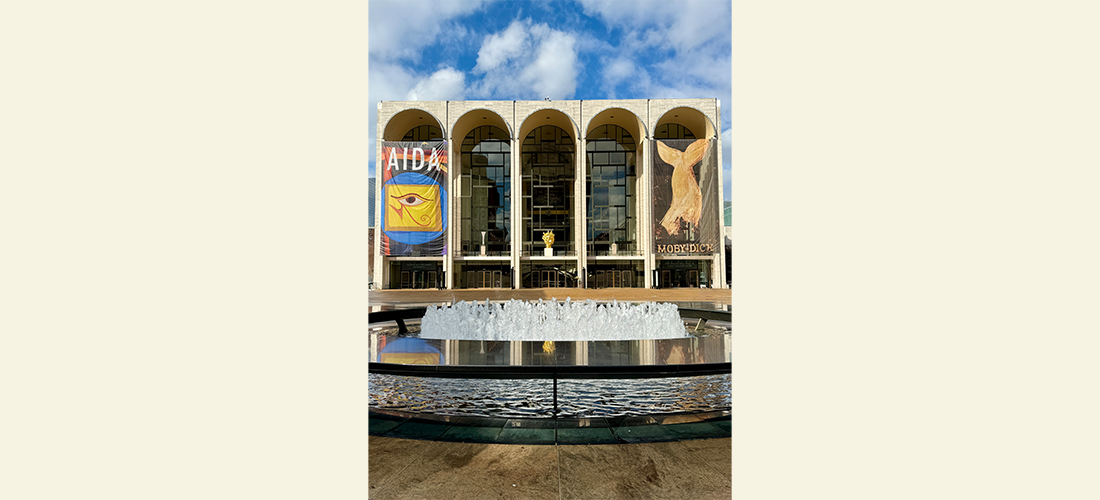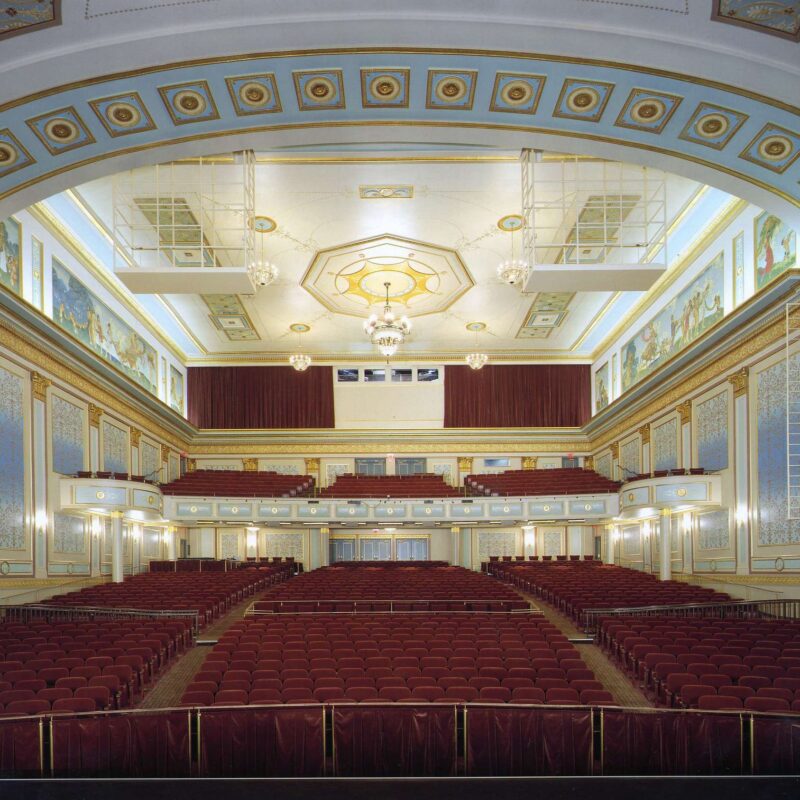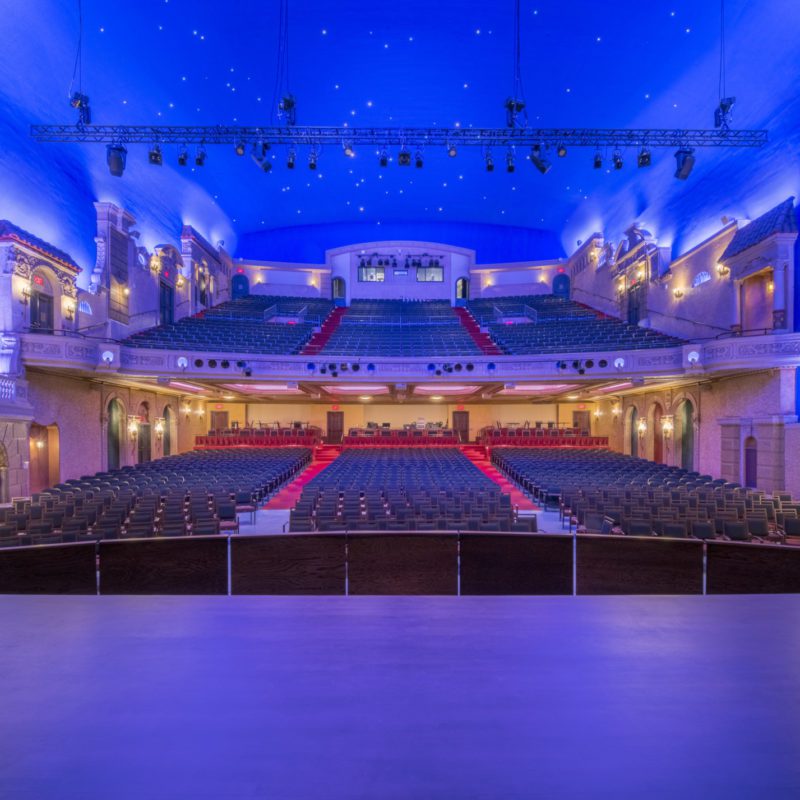By 1955, the Metropolitan Opera had performed for New York audiences for 72 years. On the night of January 7th, however, patrons of the prestigious “Met” were to witness a first for the company. Singing the part of Ulrica in Verdi’s Un ballo in maschera, Marian Anderson became the first African American to sing on the storied Manhattan stage.
At this point in her career, the famous contralto was no stranger to breaking barriers. At a time when Washington, D.C. was a racially segregated city, Anderson was refused the opportunity to sing at Constitution Hall for the Daughters of the American Revolution in 1939. The Roosevelts and NAACP executive Walter White then assisted Marian in putting on a free concert in front of the Lincoln Memorial instead, attracting over 75,000 onlookers and millions of listeners who heard the concert on the radio. She would finally be invited to Constitution Hall in 1943, and when asked about performing there she responded, “When I finally walked onto the stage of Constitution Hall, I felt no different than I had in other halls.”
Since he began his tenure as Director of the Metropolitan Opera in the 1950s, Rudolf Bing had his sights set on having Marian. After many months of convincing, as she had denied many an opera company, Bing finally got a deal made. Concerned that racial prejudice would prevent Anderson from performing, Bing didn’t tell the Met’s board of directors until after the acclaimed Anderson had already signed on. As she had done for most of her life, Marian was resilient in the face of adversity, bringing audiences to tears in her role which wasn’t even the main part of the opera.
While it would be her only role at the Met, she was made a permanent member of the company. She would go on to perform at multiple Presidential Inaugurations, the 1963 March on Washington for Jobs and Freedom, and would be awarded a Lifetime Achievement Grammy, Kennedy Honors, and 24 honorary collegiate degrees. Now that’s something to sing about.



